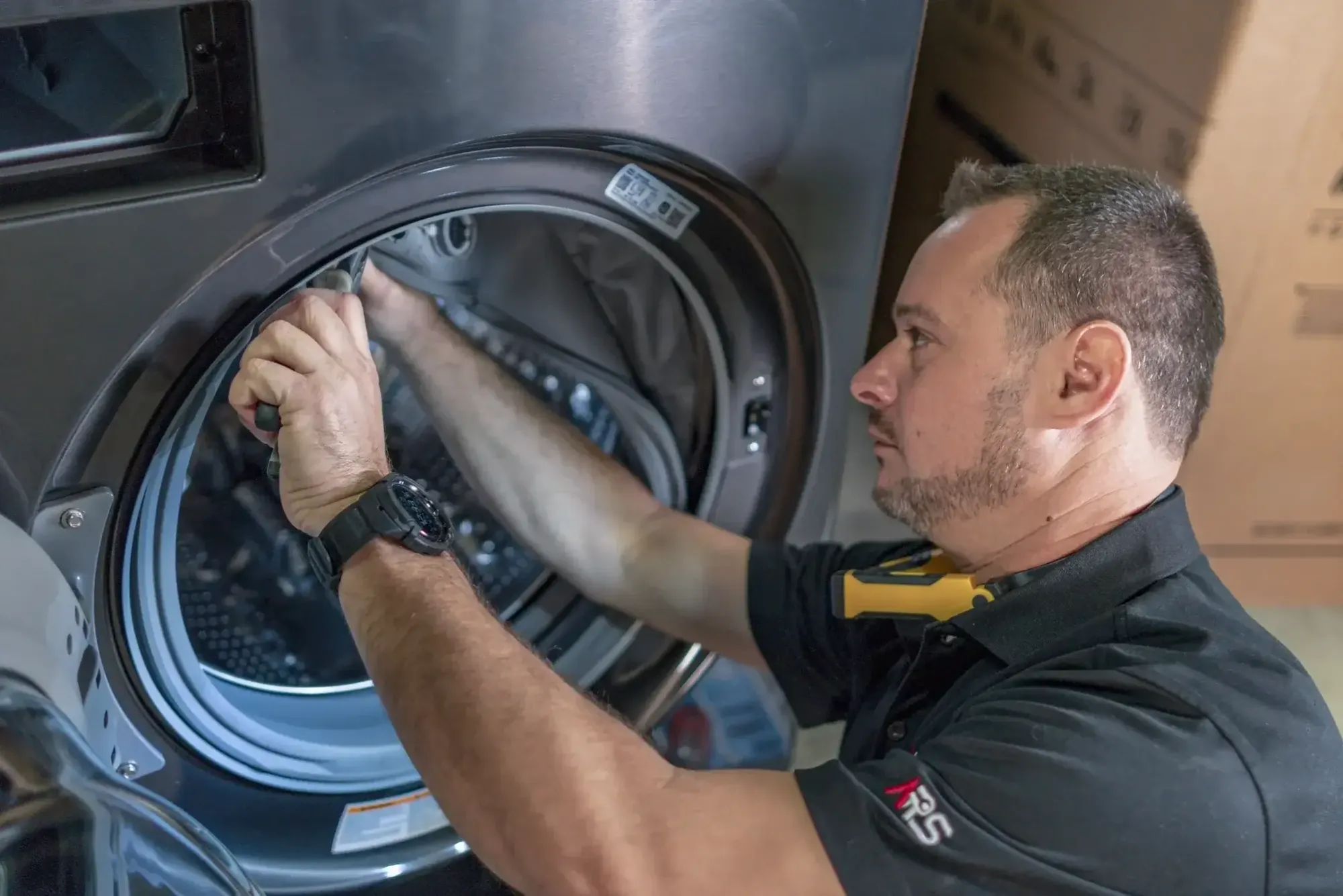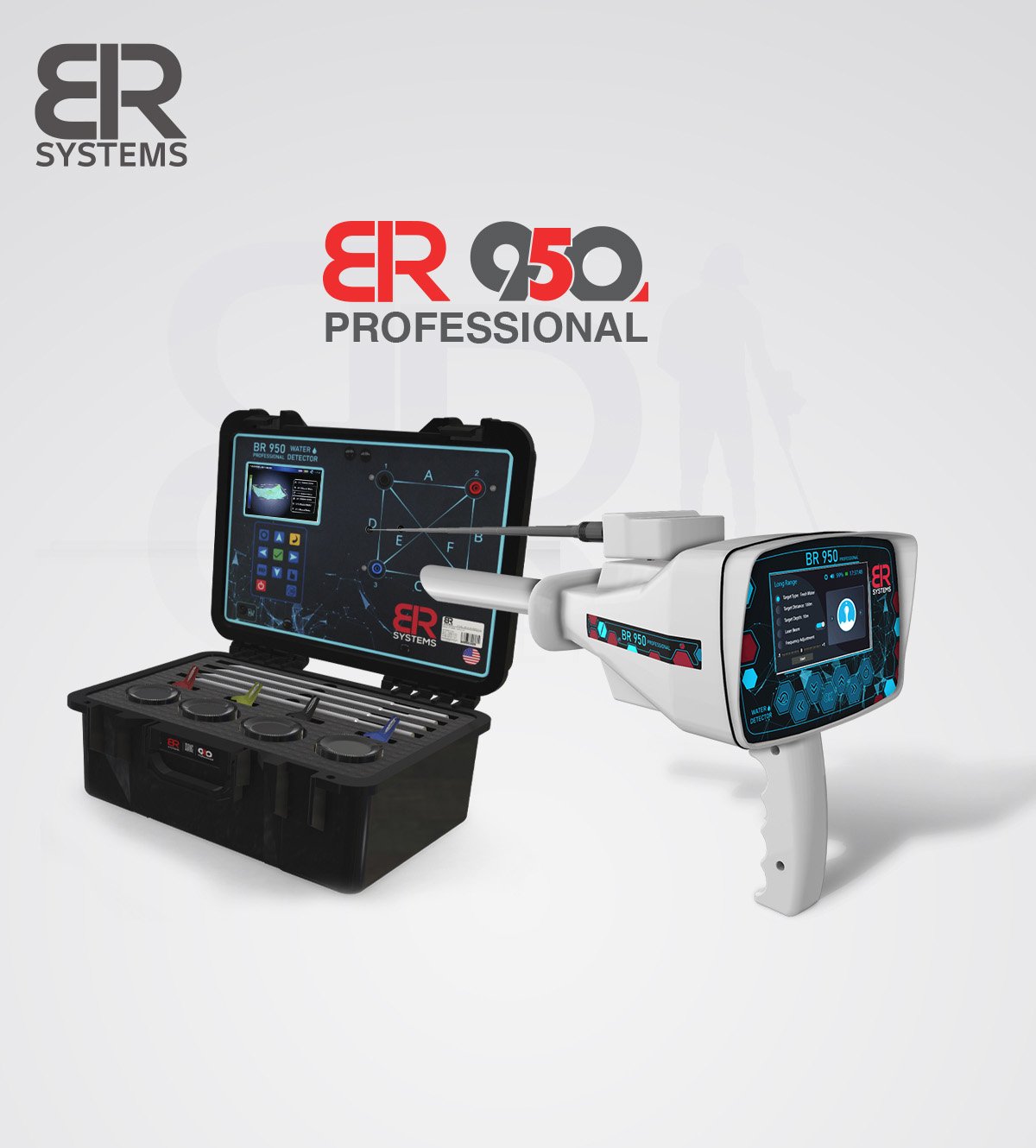Attending a bio processing summit isn’t just about ticking a box on your professional development list. It’s an opportunity to engage directly with the people, technologies, and ideas shaping the next generation of pharmaceutical manufacturing. Whether you’re a process engineer, R&D scientist, regulatory specialist, or part of a commercial team, there’s something substantial to gain—provided you show up prepared to listen, ask the right questions, and connect the dots between theory and practice.
This article breaks down what a typical bio processing summit offers, how it compares to a traditional pharma conference, and why these events continue to matter in an industry that’s moving faster than ever.
The Real Value of Attending a Bio Processing Summit
If you work in biologics or biomanufacturing, the term “bio processing summit” probably crosses your desk at least once a year. At a glance, it might seem like another round of panel discussions and networking receptions. But behind the presentations and sponsor booths, there’s a unique value that goes deeper.
A bio processing summit focuses on the science and systems involved in producing biologics—from upstream fermentation to downstream purification. Unlike broader pharma conferences, the sessions are technically rich. You’re not likely to hear generic discussions about market growth or policy. Instead, you’ll hear case studies on cell culture optimization, analytics for viral vector stability, or scale-up challenges with monoclonal antibodies.
That specificity is what makes these summits so useful. You’re in a room with people solving the same kinds of problems you face daily. And chances are, you’ll walk away with at least one practical idea you can implement when you’re back at your desk.
Networking That Matters
People sometimes say, “You go to a conference for the content, but you return for the people.” This holds true for any good pharma conference, and even more so for a niche summit.
At a bio processing summit, you’re not sifting through hundreds of booths to find someone relevant. The room is more focused, and the people in it often wear multiple hats. That regulatory affairs lead sitting next to you at a workshop might also be piloting a new technology platform internally. Or the startup founder giving a lightning talk may have faced the exact GMP issue your team is trying to solve.
The conversations are direct, useful, and often much less sales-driven than you’d expect. The best networking happens in the quiet corners between sessions—at the coffee cart or during informal Q&As.
Case Studies With Immediate Impact
One of the major benefits of attending a bio processing summit is the abundance of real-world case studies. These aren’t academic white papers. They’re practical dissections of process failures, successful optimization strategies, or novel approaches to persistent issues.
A notable example from a recent summit was a mid-sized CDMO sharing how they reduced filtration time by 30% in a live virus process by changing membrane types and recalibrating buffer exchange rates. That’s the kind of operational knowledge you won’t find in published literature for another year, if ever.
Speakers often pull back the curtain on their decision-making process. You don’t just hear that they chose an inline buffer mixer—you hear why, what didn’t work the first time, and how it affected the final product quality.
How It Compares to a Pharma Conference
The term “pharma conference” casts a wide net. It can mean anything from large, commercial expos to regulatory workshops or drug discovery forums. In contrast, a bio processing summit stays close to the core of how biologics are physically made.
At a general pharma conference, you’ll hear about market trends, policy shifts, and maybe a keynote from a health economist. At a bio processing summit, you’ll find hands-on sessions about chromatography, titer improvement, and validation strategies.
That doesn’t mean pharma conferences don’t have their place. If you’re looking to expand your strategic perspective, identify commercial partnerships, or understand where the market is headed, broader conferences deliver value. But when it comes to practical, technical know-how that improves your team’s performance today, bio processing summits punch above their weight.
Technology Spotlights: Not Just for Show
One common thread at both event types is the presence of vendors. But the way vendors engage at a bio processing summit is usually different.
Instead of flashy booths with vague slogans, you’ll often see demos integrated into sessions. The emphasis is on use cases: how a new sensor shortens batch release timelines or how automation improved aseptic processing consistency in a GMP environment.
This makes it easier to separate marketing fluff from real innovation. You can see the tech in action, ask questions of the engineers who built it, and talk to end-users who’ve already implemented it.
In one panel, I recall a process development lead from a major biotech explaining why they stopped using single-use bioreactors for certain cell lines due to shear sensitivity—something that never showed up in the vendor’s pitch. That kind of first-hand knowledge is gold.
Regulatory and Compliance Tracks That Speak Your Language
Unlike high-level pharma conferences where regulatory talks often remain abstract, bio processing summits usually get into the operational specifics.
Recent sessions have covered things like:
Strategies for Annex 1 compliance in microbial filtration
Real-time release testing for viral vectors
Common data integrity pitfalls in small-scale manufacturing facilities
These sessions are typically led by people who live the problems—not just policy experts, but QA leads, facility managers, and regulatory reviewers.
This real-world framing makes compliance sessions less theoretical and more actionable. You’re not just learning what the regulation says; you’re seeing how other companies interpret and implement it.
Skills That Stay With You
Soft skills often get overlooked at technical conferences, but bio processing summits don’t ignore them entirely.
Leadership roundtables and smaller breakout groups give people a chance to talk about things like:
Building cross-functional teams in biologics manufacturing
Managing technical debt in long-term process validation
Communicating upstream failures to commercial stakeholders
These are not standard leadership seminar fare. They’re tailored to the challenges specific to pharma operations. And because the room is full of peers, the discussion tends to be candid.
Why It’s Worth Your Time (and Budget)
Companies don’t send employees to summits out of generosity. There’s an expectation that you’ll come back with insights that improve process robustness, reduce costs, or accelerate timelines. A good bio processing summit delivers that.
If you’re trying to convince your manager to approve the trip, focus on what’s immediately applicable. Can you find a session on a challenge your team is facing? Are vendors showing tech that could integrate with your current platform? Are competitors presenting case studies that reveal their strategy?
The ROI becomes clearer when you frame it that way.
Final Thoughts
Not all professional events are created equal. A bio processing summit stands out because it respects the complexity of biologics manufacturing while staying grounded in real-world application. It’s a space where practitioners share real data, ask hard questions, and come away with better answers than they had going in.
If your goal is to sharpen your operational edge, expand your technical understanding, or find solutions to problems your team has been circling for months, you’ll find real value here.
And while a traditional pharma conference might help you see the big picture, a bio processing summit helps you fix the frame.










